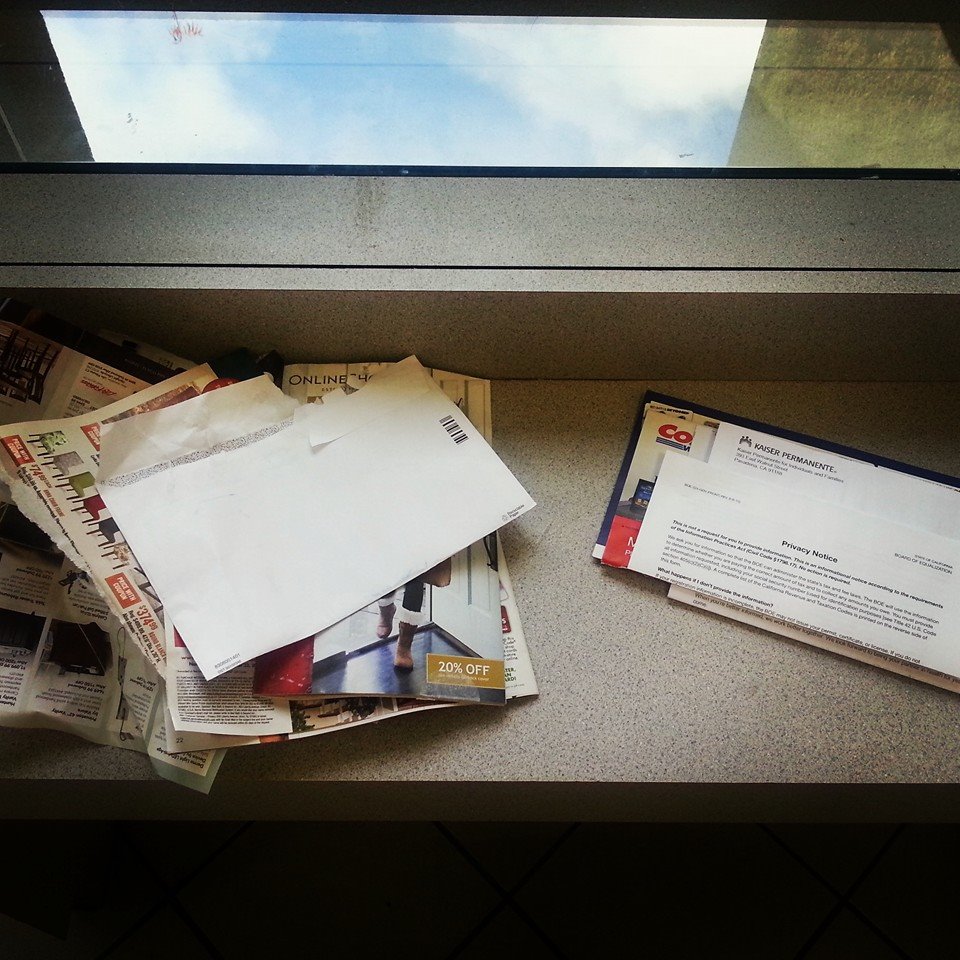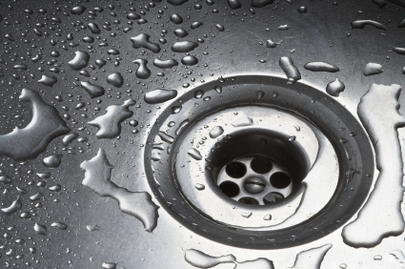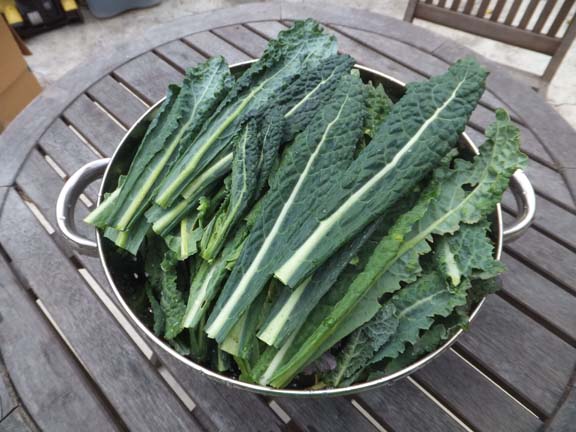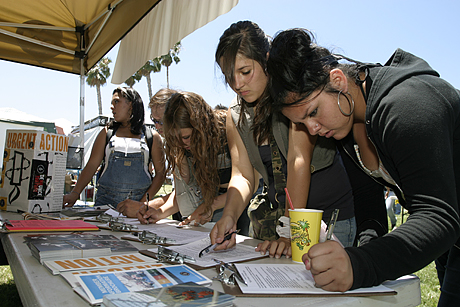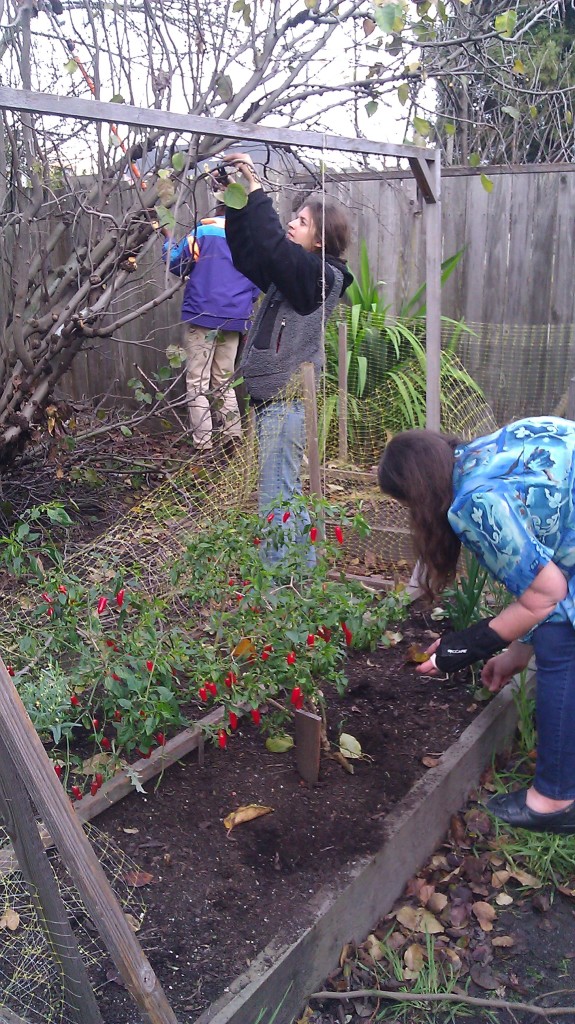If there’s any information I feel is most important to share with my clients, it is ways to get organized at home that help care for humankind, biodiversity, and the planet. A lot changes and evolves as time passes, and as technologies improve, it’s important to stay on top of what’s current. I’ve recently updated this information for you.
Lets get started:
1. Update your recycling, composting, and conservation skills annually.
Read the materials provided by your local waste and recycling management company. Many facilities provide tours where you can see it in action. The City of San Francisco offers free online recycling education for San Francisco residents to learn how to waste less and conserve natural resources at home. Contact your local city waste and recycling center to see what they have to offer.

2. Start a counter top compost bin.
All you need is two large glass food containers with lid. Compostable BioBags are not needed. Place meat/dairy/egg shelf scraps in one and fruit and veggie scraps in the other. When the containers are full, place all food scraps in the green curbside bin for trash day, or create your own garden compost bin in which to toss the compost with fruit & veggies scraps only (meat/dairy/egg should always go into the green curbside bin), then rinse out the containers, and reuse. The result: fresh nutrients for the garden in just a few weeks and/or less environmentally-damaging clutter in the landfill. Read more about why it’s important to compost and why you should keep meat/dairy/egg scraps out of your backyard compost and only put fruit & veggie scraps into the backyard compost.

3. Grow your own food.
Start small, as with kitchen countertop herbs in pots, on a window sill, or on a front or back porch. Work your way up to a garden box. Growing your own food can be an eye-opening experience and yields delicious, nutritious food that is convenient to have around, fresh, and tastes better than what you find in the store. It is also recommended during draughts, as large commercial farming wastes much more water than edible plant gardening at home.
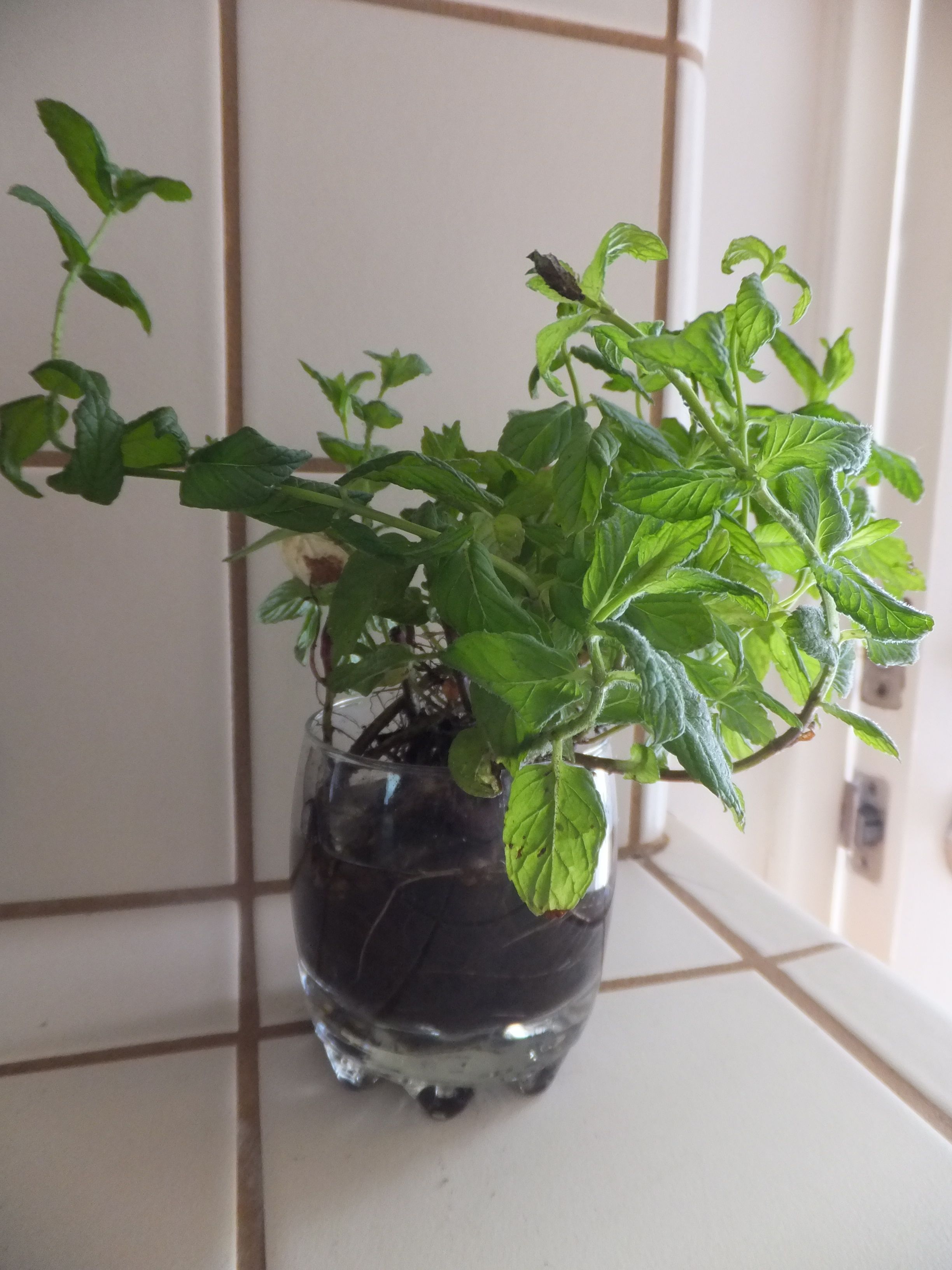
4. Collect rain water.
Invest in a rain barrel , it is an easy way to save water to use for indoor and outdoor ornamental plants during dry months. A second food-grade water barrel can be used to store drinkable water for you and your family in the case of an emergency. Do you have enough drinking water in your emergency kit? Avoid small, disposable bottles which need to be rotated out every six months and invest in a food-grade barrel you can store water in for up to 5 years at a time in the yard.
5. Start going paperless.
You don’t have to do it all at once; try it with a bill or two to get the hang of it. Get too much junk mail? Contact Catalog Choice and get help cutting down on the amount you receive. The Story of Stuff in Berkeley acquired Catalog Choice in March 2015.
6. Be cautious about what you put down the drain and toilet.
Use earth-friendly, bio-degradable soaps and cleaners, don’t put anything plastic or chemical down the drain, or anything other than toilet paper down toilet. Remember, things that go down the sink, tub drain, and toilet eventually go into the ocean. Sewage treatment plants chemically treat our discards then send the water back into our local water systems and eventually to the ocean. Do you believe that the treatment process is 100% full-proof or healthy for the environment? If you’re feeling nerdy, read this.
7. Eat organic food.
Organic farmers grow food more responsibility, with high consideration to the health of the earth and the health of humans. Buy from your local organic farmer’s market. Costco has recently collaborated with local organic farmers and organic food companies to offer tons of bulk options at an affordable price. If organic food is too expensive, start with a few items such as strawberries, grapes, and other fruit with fragile membranes that are easily contaminated and penetrated by pesticides used in non-organic farming.
8. Go for a hike once a week.
Whether in your city park, state park, national park, or a walk around a tree-lined block, spending time in nature is good for health and grows our appreciation of it. The more we learn to appreciate nature, the harder we work to keep it protected.
9. Support local earth activists.
Stop and listen to what they have to say. Consider signing their petitions. If you cannot donate time to a cause, donate money or a signature. Most organizations are non-profit’s with activists working hard because they have passion, time, and choose to make it their work.
10. Volunteer at a local community garden.
It’s a great way to learn to grow food and help a local community group or organization with much-needed people power. Take a look at what San Francisco’s Urban Sprouts is doing.


